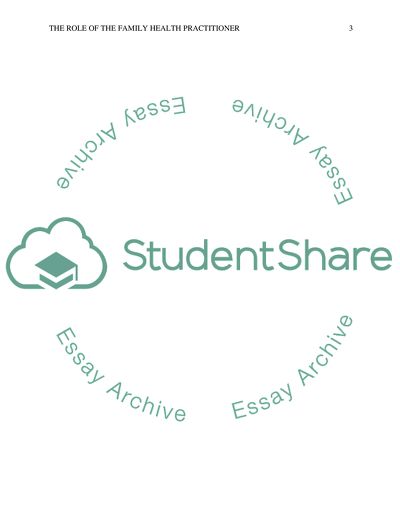Cite this document
(“The role of the family health practitioner:an advanced nursing Essay”, n.d.)
The role of the family health practitioner:an advanced nursing Essay. Retrieved from https://studentshare.org/nursing/1458322-the-role-of-the-family-health-practitioneran-advanced-nursing-practice-framework
The role of the family health practitioner:an advanced nursing Essay. Retrieved from https://studentshare.org/nursing/1458322-the-role-of-the-family-health-practitioneran-advanced-nursing-practice-framework
(The Role of the Family Health practitioner:An Advanced Nursing Essay)
The Role of the Family Health practitioner:An Advanced Nursing Essay. https://studentshare.org/nursing/1458322-the-role-of-the-family-health-practitioneran-advanced-nursing-practice-framework.
The Role of the Family Health practitioner:An Advanced Nursing Essay. https://studentshare.org/nursing/1458322-the-role-of-the-family-health-practitioneran-advanced-nursing-practice-framework.
“The Role of the Family Health practitioner:An Advanced Nursing Essay”, n.d. https://studentshare.org/nursing/1458322-the-role-of-the-family-health-practitioneran-advanced-nursing-practice-framework.


